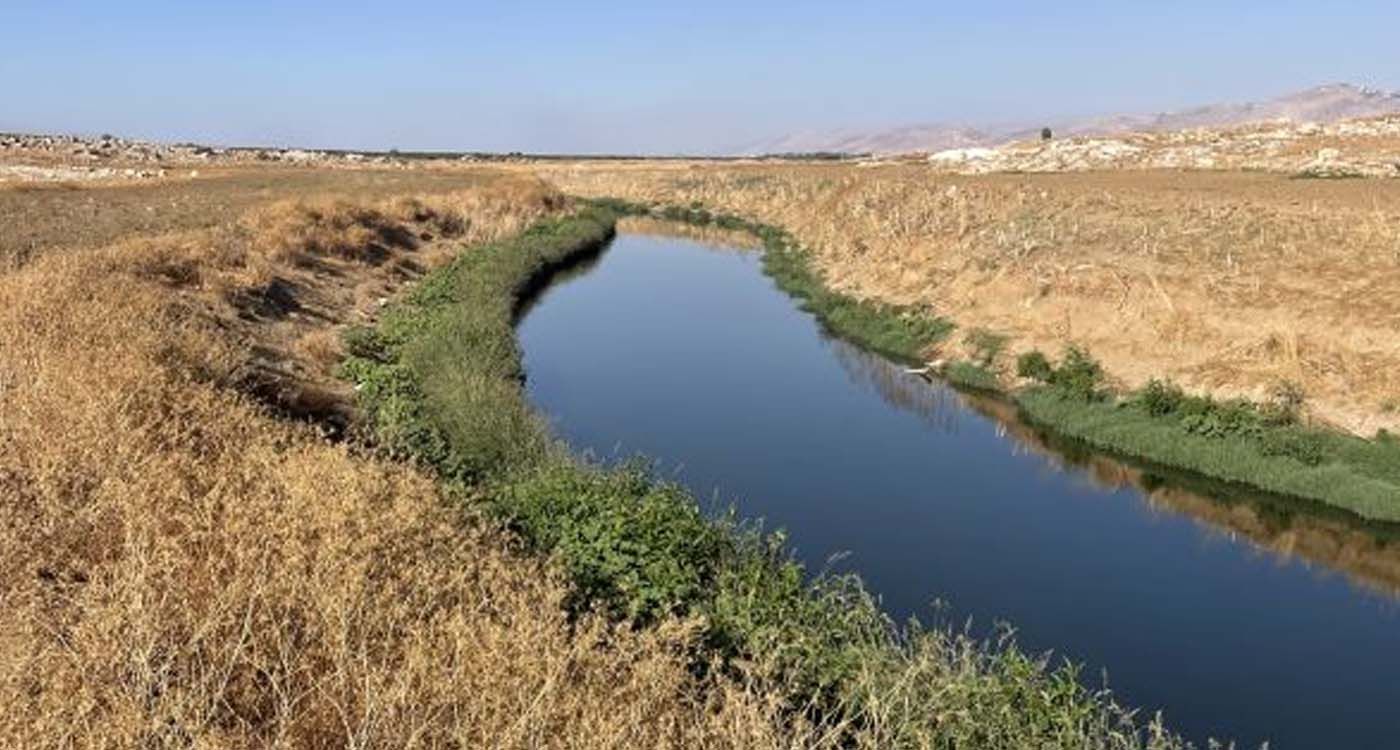
Hunting, long regarded worldwide as the “sport of kings,” has become an illegal pastime in Lebanon following recent government decisions aimed at protecting wildlife. On September 22, 2025, the Ministries of Environment, Agriculture and Interior and Municipalities issued a joint circular banning all wild bird hunting nationwide, citing the start of the autumn migration season. The circular emphasized Lebanon’s vital role as a migration corridor for birds, including rare and globally endangered species.
Concerns from Hunters and Local Communities
The move, while aimed at conservation, has stirred debate among hunters and local communities. Elie Mazraani, President of the Lebanese Hunting Club, told This is Beirut that the ban has inadvertently fueled “indiscriminate hunting.” According to Mazraani, the absence of awareness campaigns has created a new generation of hunters who target all birds, including species that are illegal to hunt, such as swallows and raptors. He directly criticized the Ministry of Environment, saying that the lack of an updated hunting law and public education has contributed to the problem.
Mazraani also warned that outdated legislation and poorly enforced regulations have encouraged illegal hunting methods, including nets and sticky bird baits. “This decision, which is more than 15 years old, has led to the increase in unethical hunting practices,” he said.
The Legal Framework: Law No. 580
The Lebanese bird hunting law, officially known as Law No. 580, was enacted in 2004 to regulate hunting practices in Lebanon, marking the first comprehensive revision since the 1950s. The law specifies the species allowed to be hunted: quails, thrushes, woodcocks, turtle doves, skylarks and red and black caps. Most of these birds are considered agricultural pests, damaging summer fruits and autumn crops. The law also imposed limits on hunting: for example, no more than 50 skylarks and 25 quails could be hunted, a restriction that, according to sources, strikes a balance between conservation and supporting farmers.
Hunting in Lebanon is not only a sport, but also an economic lifeline for many communities. Mazraani highlighted that border villages particularly look forward to the hunting season, which begins in mid-September, as a way to generate income. Hunters rent chalets, purchase goods in local shops and indirectly support small businesses in rural areas. Beyond economics, hunting is a cultural and recreational activity for many Lebanese, offering a temporary escape from the pressures of daily life. Mazraani called on the Ministry of Environment to implement a robust hunting law and strictly enforce penalties for violators.
Licensing and Regulation
In 2017, the Ministry of Environment issued more than 18,000 hunting licenses, opening the first official hunting season in nearly two decades. Hunters were required to pass exams covering hunting laws and species identification, obtain certificates and carry insurance to cover potential risks. This framework not only organized hunting, but also brought economic benefits to the state and reflected international standards for responsible hunting.
However, the issuance of licenses was short-lived. The ministry stopped issuing them after the 2017–2018 season due to the expiration of the Hunting Higher Council’s mandate, the body responsible for setting hunting seasons and species quotas. Since then, without a functioning council, Lebanon has been unable to legally open hunting seasons or issue licenses.
The Path Forward
Experts say the first step to re-organizing hunting in Lebanon is the re-formation of the Hunting Higher Council. Once re-established, the ministry could resume licensing, enforce regulations and curb illegal poaching practices. This approach would pave the way for a modern hunting law, modeled on successful examples in countries like France and Italy, balancing sport, tradition and conservation.
For now, Lebanon faces a challenging crossroads: protecting its migratory bird populations while addressing the economic and cultural realities of hunting communities. Without urgent reform and awareness campaigns, illegal hunting may continue, threatening the country’s biodiversity and undermining conservation efforts.




Comments